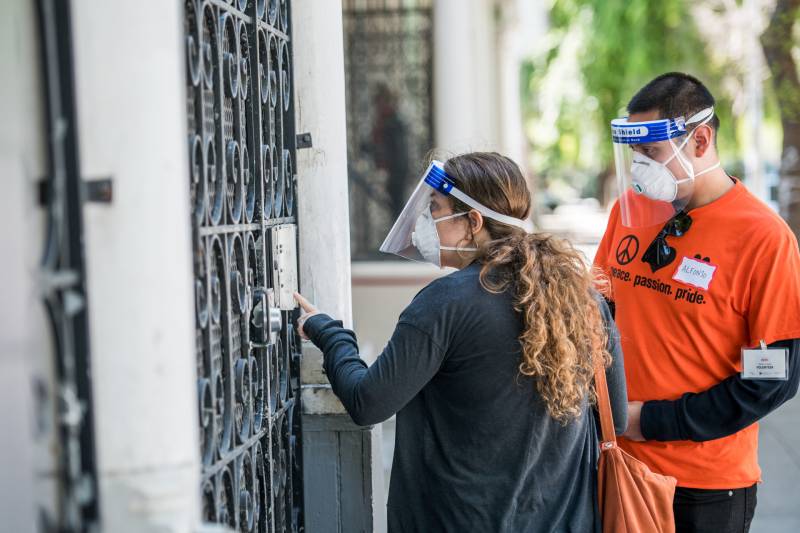As COVID-19 cases spike in California, San Francisco has begun offering more than $1,200 in aid to undocumented and other low-income residents who would otherwise be unable to recover at home from the virus.
The Right to Recover program, which launched last week, has several goals: to reduce transmission, boost testing and promote the city’s recovery from the pandemic, according to San Francisco Mayor London Breed.
“We created a program that provides the financial security people need to safely isolate if they test positive,” Breed said in a statement. “We hope the Right to Recover program will encourage people to get tested for COVID-19, with the peace of mind that if they do test positive, they can stay home without worrying about how they’ll afford their basic needs.”

